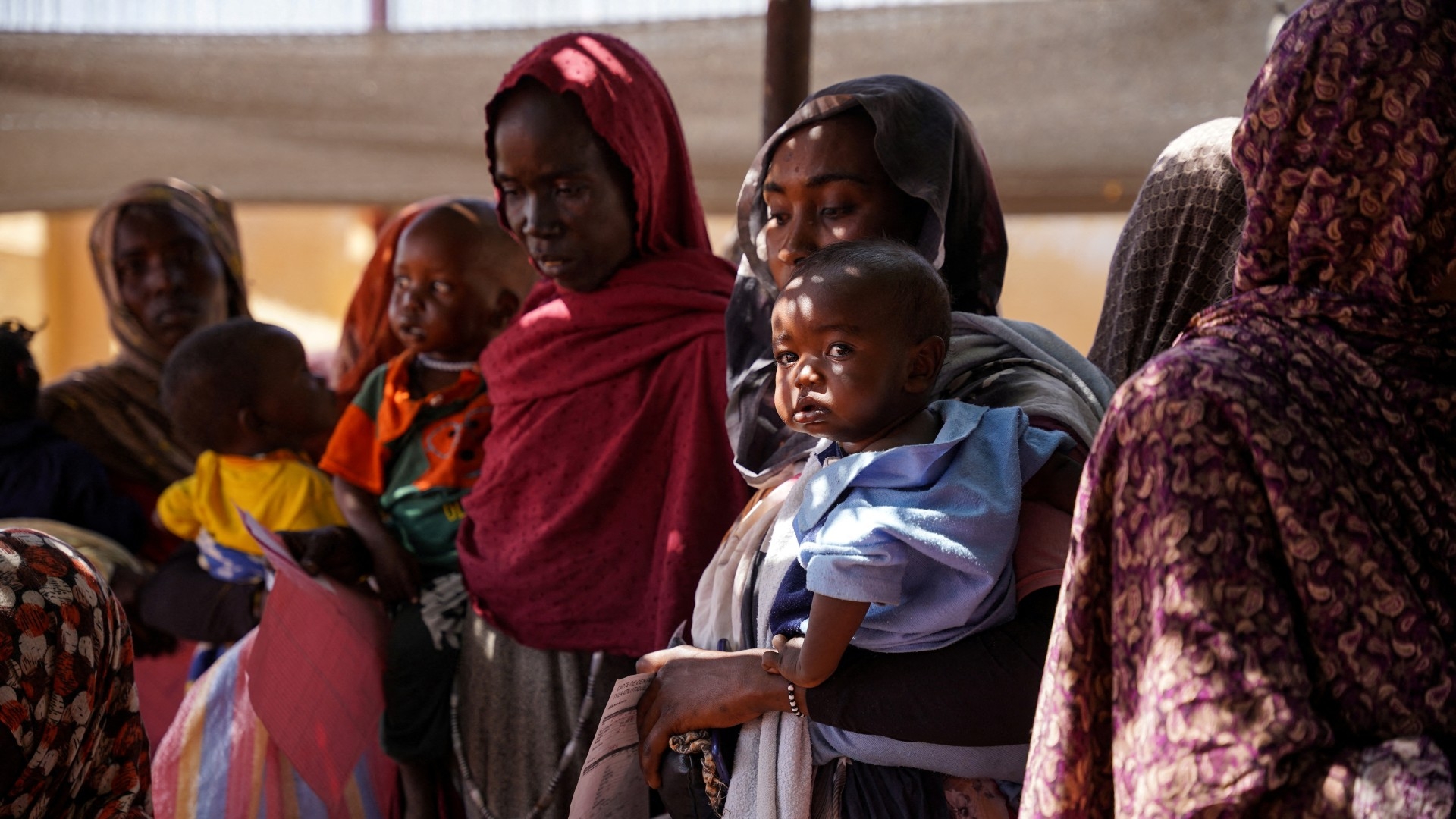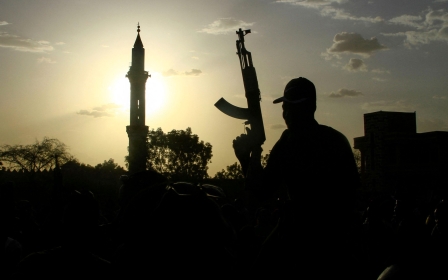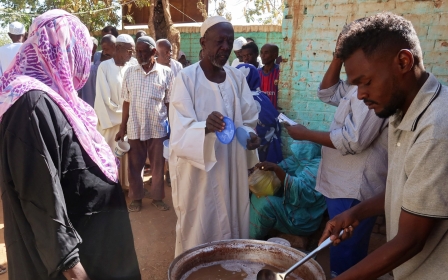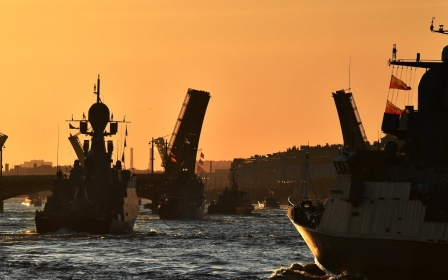Sudan war: RSF attack shuts down last major hospital in el-Fasher

The last functioning major hospital in el-Fasher, the state capital of North Darfur in Sudan, has been forced to close after it was attacked and looted by the Rapid Support Forces (RSF).
Doctors Without Borders (MSF) said it and the Sudanese health ministry had suspended all activities in el-Fasher's South Hospital after armed members of the paramilitary RSF seized the facility.
"RSF soldiers stormed the facility, opened fire, and looted it, including stealing an ambulance," MSF said in a statement late on Sunday night.
It added that at the time of the incursion, the hospital only had 10 patients and reduced staff after MSF and health ministry teams began transferring patients to other facilities earlier in the week due to intense fighting.
"Most patients and the remaining medical teams, including all MSF staff, were able to flee the RSF shooting," it said, adding that MSF was unable to verify if anyone was killed or wounded during the attack.
New MEE newsletter: Jerusalem Dispatch
Sign up to get the latest insights and analysis on Israel-Palestine, alongside Turkey Unpacked and other MEE newsletters
Michel Lacharite, the head of emergencies at MSF, said the RSF's attack on South Hospital was "outrageous".
"This is not an isolated incident - staff and patients have endured attacks on the facility for weeks from all sides, but opening fire inside a hospital crosses a line."
Lacharite added that the remaining facilities in el-Fasher were not prepared for the arrival of mass casualties.
Massacre fears in el-Fasher
For several weeks, the RSF, which has been at war with the Sudanese Armed Forces since 15 April, has surrounded el-Fasher, leaving no clear escape routes for civilians in the city.
The state capital is the only city in western Sudan's Darfur region in the hands of Sudan's army. Commentators have warned that el-Fasher could become a "kill box" in the event of a major attack on the city by the RSF.
A resident told Middle East Eye last week that civilian mobilisation was taking place in the city, where military and former rebel groups were arming residents in anticipation of an RSF offensive.
'People are dying, injured, and displaced every single day. It is a tragedy. We need this war to stop immediately'
- doctor for NGO Relief International at Zamzam camp
“I see that the popular armed resistance is spread everywhere and it’s gradually uniting the Sudanese to defend their country,” he said.
Adam Rojal, a spokesperson for displaced Darfuris, told MEE: “What the Darfur region is witnessing, especially in the city of el-Fasher in North Darfur state, is a war crime, a crime against humanity, and collective punishment of civilians.
"Everyone is doomed to die from starvation or due to deliberate indiscriminate bombing by the parties to the conflict.”
South Hospital was one of only two hospitals with surgical capacity, according to MSF. It has treated over 1,300 wounded patients since 10 May.
Wounded patients were now being transferred to other facilities in the city, including the paediatric hospital and the Saudi hospital.
A doctor for NGO Relief International at Zamzam displacement camp in North Darfur, said: "We are treating injuries from stab wounds, gunshots, and collapsed buildings every day... we desperately need more medical supplies such as antibiotics and iodine. We currently have no fluid left in the centre."
"I am staying and helping. People are dying, injured, and displaced every single day. It is a tragedy. We need this war to stop immediately."
Rights groups say the RSF is responsible for the killing, raping, looting, and ethnic cleansing of Massalit and other non-Arab populations in West Darfur.
In May, Human Rights Watch said the violence could constitute genocide.
Middle East Eye delivers independent and unrivalled coverage and analysis of the Middle East, North Africa and beyond. To learn more about republishing this content and the associated fees, please fill out this form. More about MEE can be found here.




